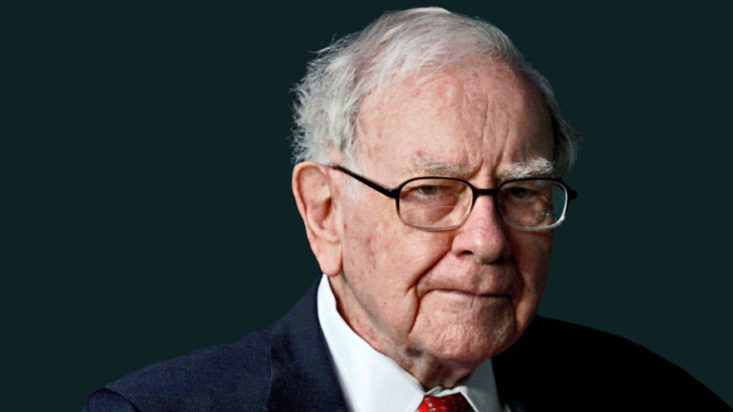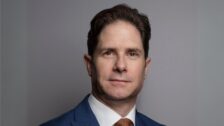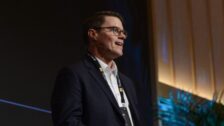“That was probably a mistake”
Warren Buffett is the first to admit that active investors can’t get it right every time, doing so once again at the Berkshire Hathaway (NYSE: BRK.A) annual shareholders meeting last week. The quotes of Buffett are an enigma in themselves, with the man himself suggesting investors adopt an indexed approach, but being among the most active investors in the world.
After years of saying investors should never invest in airlines nor in gold, 2020 saw both of Berkshire’s forays into the forbidden end up in tears, at least in the short term. In his latest face-to-face with investors, Buffett (and Berkshire co-head Charlie Munger) covered everything from his regrets over stock sales, and the shutdown of an ill-fated venture to success planning, and the growth in speculation occurring in markets.
“That was probably a mistake” said Buffett as he commented on the decision to sell some of his shares in Apple Inc. (NYSE: APPL). The share price has been on a tear, on the back of strong iPhone sales as well as resurgent demand from Macs and iPad amid the pandemic lockdowns. Apple’s market cap now easily exceeds US$2 trillion ($2.5 trillion) and is showing no signs of slowing. According to Buffett, his business partner Charlie Munger remains his harshest critic, reinforcing his poor decision.
Having been incredibly active during the GFC, which made Berkshire famous for some aggressive converting-equity positions, investors were disappointed by the lack of actions during the pandemic. Many expected the group to be picking the ruins for bargains, but it actually focused on selling down its airline holdings near the bottom and cutting bank exposures earlier than most.
According to Buffett this wasn’t a “great moment in Berkshire’s history,” however, he is a realist. While acknowledging that he had underestimated the potential of the economic recovery as government stimulus measures kicked in, he pointed out one issue with keeping his airline holdings. As we saw in Australia with Virgin Australia, governments were not willing to support companies that had the backing of billionaires and large corporates, hence he suggested loans would have been less forthcoming had he remained on the register.
Despite the vaccine news and hopes of a return to normal activity in New York in July, he is once again refusing to invest in travel or airlines, given the growing pressure. An ill-fated joint venture with JP Morgan and Amazon that sought to break down the inefficient and costly healthcare service was shut-down in another disappointing move for investors. The move for groups like Magellan and Berkshire to become investment banks themselves continues to grow, however, it remains a fine line to tread.
The Oracle of Omaha saved his harshest words for the speculative activity occurring in markets, suggesting that product issuers may be preying on investors’ instinct to gamble in offering a growing range of poorly understood investments. His comments around SPACs, cryptocurrencies and the explosion of retail “day trading” earned the ire of upstart broking house Robinhood.
Chairman and CEO of Berkshire Hathaway’s Energy division, Greg Abel, was officially named as Buffett’s successor when he steps down from his position. Abel is likely to face an increasingly active shareholder base with a number of large institutions pushing for the group to deliver far greater transparency, firstly in terms of its impact on the environment and secondly, its focus on diversity. In both areas Berkshire remains somewhat old-fashioned and a laggard, given it is a US$650 billion ($823 billion) company.











